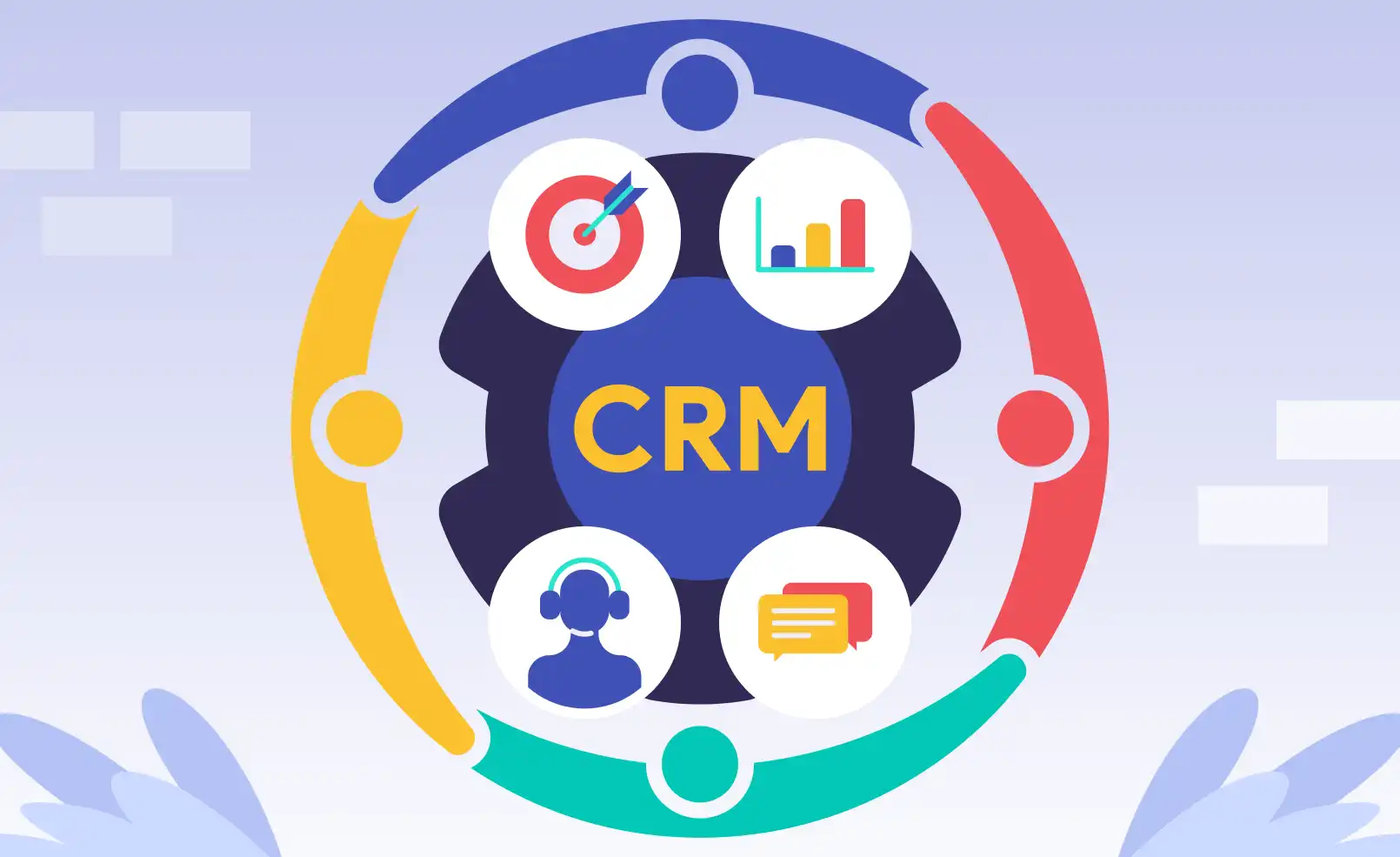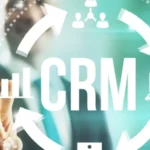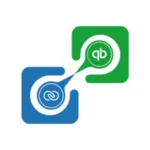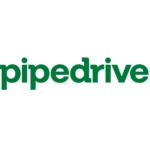Customer Relationship Management (CRM) has become a cornerstone for how organizations—especially nonprofits—connect with their communities, donors, and volunteers. Behind every successful fundraising campaign or donor retention strategy lies a team of CRM professionals who ensure that relationships are nurtured and data is effectively used to drive impact.
For those exploring a career in CRM, the nonprofit world offers meaningful work paired with solid professional opportunities. This guide explores CRM salaries, job roles, and career growth in the nonprofit sector. It also shares how professionals can advance, earn bonuses, and apply strategically for CRM-related positions.
The CRM Job Landscape in Nonprofits
Nonprofits rely heavily on CRM systems to manage donor relationships, track fundraising activities, and measure community engagement. From small local charities to global NGOs, these systems help organizations stay connected to their supporters and allocate resources wisely.
Because of this, CRM professionals have become key players in the nonprofit space. Their work goes beyond managing databases; it involves understanding people—donors, volunteers, and beneficiaries—and creating strategies that strengthen those relationships.
As more nonprofits embrace digital transformation, demand for skilled CRM specialists continues to rise. These professionals bridge the gap between technology and compassion, ensuring that every interaction with supporters is meaningful and data-driven.
Common CRM Roles in Nonprofits and Salary Insights
While nonprofit salaries can differ slightly from those in corporate sectors, the sense of purpose and career stability often make up for it. Pay ranges still remain competitive, especially for professionals skilled in major CRM platforms like Salesforce Nonprofit Cloud, HubSpot for Nonprofits, or Bloomerang.
Here are some common CRM job titles and estimated annual salary ranges in the nonprofit field:
-
CRM Coordinator / Data Specialist – $45,000 to $65,000 per year
Focuses on maintaining donor databases, ensuring data accuracy, and supporting fundraising campaigns. -
CRM Analyst – $55,000 to $80,000 per year
Analyzes donor behavior, fundraising trends, and engagement data to help nonprofits make strategic decisions. -
CRM Administrator – $60,000 to $85,000 per year
Oversees the configuration, maintenance, and integration of CRM systems to support operations and fundraising efforts. -
Donor Relations Manager (CRM-Focused) – $70,000 to $100,000 per year
Manages high-value donor portfolios, tracks relationship history, and leverages CRM data to strengthen donor loyalty. -
CRM Developer / Technical Consultant – $80,000 to $120,000 per year
Builds and customizes nonprofit CRM systems, ensuring they align with fundraising and outreach needs. -
Director of CRM / Head of Donor Data Management – $100,000 to $150,000+ per year
Leads CRM strategy, oversees cross-department integration, and ensures the organization’s technology serves its mission effectively.
Although nonprofits sometimes operate with smaller budgets than corporations, many now offer competitive pay and performance bonuses, especially in larger organizations or foundations with significant donor networks.
How CRM Professionals Can Grow and Earn More in Nonprofits
Growth in nonprofit CRM careers often comes from combining technical skills with strong relationship-building and communication abilities. Professionals who understand both the data and the mission of the organization tend to rise quickly in leadership roles.
1. Continuous Learning and Certifications
Earning certifications in tools like Salesforce Nonprofit Cloud or HubSpot CRM shows expertise and commitment to improving donor management systems. These credentials often lead to higher salaries and greater responsibility.
2. Demonstrating Measurable Impact
Nonprofits value results that can be clearly linked to mission success. CRM professionals who can show improvements in donor retention, fundraising outcomes, or engagement rates often receive performance-based incentives.
3. Leadership and Strategic Thinking
Taking initiative in cross-team collaboration—such as integrating CRM insights into marketing or outreach—can lead to promotions. Those who help align CRM strategy with organizational goals often find themselves moving into director-level roles.
4. Expanding Technical Skills
Learning how to automate donor communications, analyze engagement data, and manage integrations across platforms can greatly increase both job satisfaction and earning potential.
How to Apply for CRM-Related Positions in Nonprofits
Securing a CRM role in a nonprofit organization takes preparation and clarity about personal goals. Here’s a practical guide to getting started.
-
Define the Area of Focus
Decide whether to specialize in data management, analytics, technical system administration, or donor relations. Each path has its own opportunities for advancement. -
Update the Resume
Highlight experience with CRM systems, donor communications, or campaign data. Employers appreciate applicants who can show how their work supported fundraising or engagement success. -
Earn Relevant Certifications or Training
Courses in Salesforce Nonprofit Cloud, Bloomerang, or HubSpot for Nonprofits can make candidates stand out. Many nonprofits even offer partial reimbursement for certification programs. -
Build a Small Project Portfolio
Include examples of CRM dashboards, automated workflows, or donor segmentation strategies that demonstrate real-world problem-solving. -
Network with Nonprofit Professionals
Join online communities, attend nonprofit technology conferences, or participate in webinars. Networking often leads to insider job referrals. -
Search Strategically
Explore nonprofit job boards like Idealist.org or TechSoup, along with general platforms such as LinkedIn or Indeed. Many organizations post CRM positions exclusively through these networks. -
Prepare for Interviews Thoughtfully
Nonprofit hiring teams value candidates who understand their mission. Be ready to discuss how CRM tools can enhance donor trust, transparency, and engagement.
Conclusion
Best CRM for Nonprofits – Working in CRM within the nonprofit world offers a rare combination of purpose and professional growth. It’s a field where technology meets human connection, and where every data point tells a story about impact.
With steady demand, evolving technology, and a growing appreciation for data-driven donor management, CRM roles in nonprofits are both stable and fulfilling. Professionals who stay adaptable, continue learning, and align their skills with the mission of the organizations they serve can look forward to a long, meaningful, and rewarding career.
Frequently Asked Questions (FAQ)
1. What is the average CRM salary in the nonprofit sector?
CRM professionals in nonprofits typically earn between $55,000 and $100,000 per year, depending on experience, organization size, and role.
2. Are CRM roles in nonprofits growing?
Yes. As nonprofits adopt modern technology to manage donors and campaigns more effectively, CRM-related positions are becoming increasingly important.
3. Do nonprofit CRM professionals receive bonuses?
Many organizations offer bonuses tied to donor retention rates, fundraising milestones, or successful system implementations.
4. What skills are most valuable for nonprofit CRM professionals?
Strong data analysis, communication, project management, and CRM software skills—especially in Salesforce or HubSpot—are essential.
5. Can someone transition into nonprofit CRM from another career?
Absolutely. Many professionals from marketing, fundraising, or IT backgrounds transition successfully by gaining experience or certification in nonprofit CRM systems.
6. Which CRM platforms are best for nonprofits?
Salesforce Nonprofit Cloud, HubSpot for Nonprofits, Bloomerang, and Kindful are among the most widely used platforms in the nonprofit sector.




